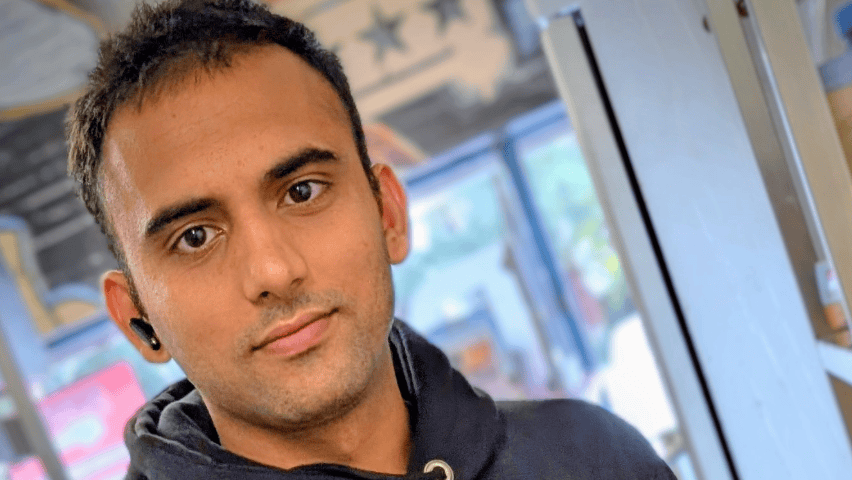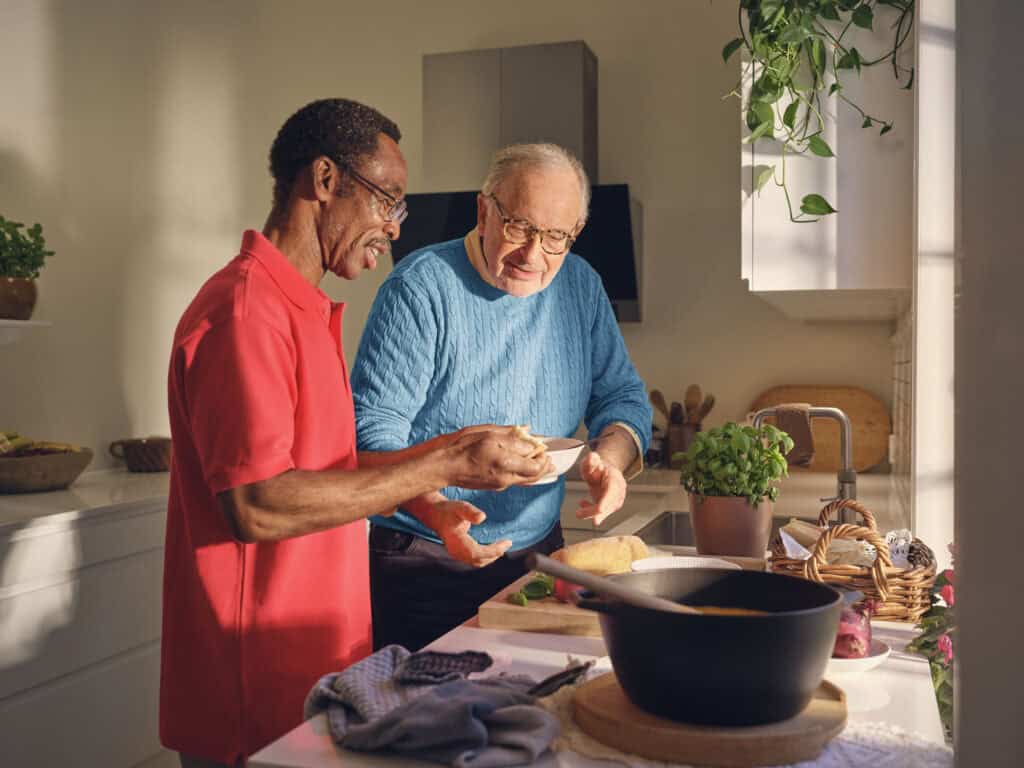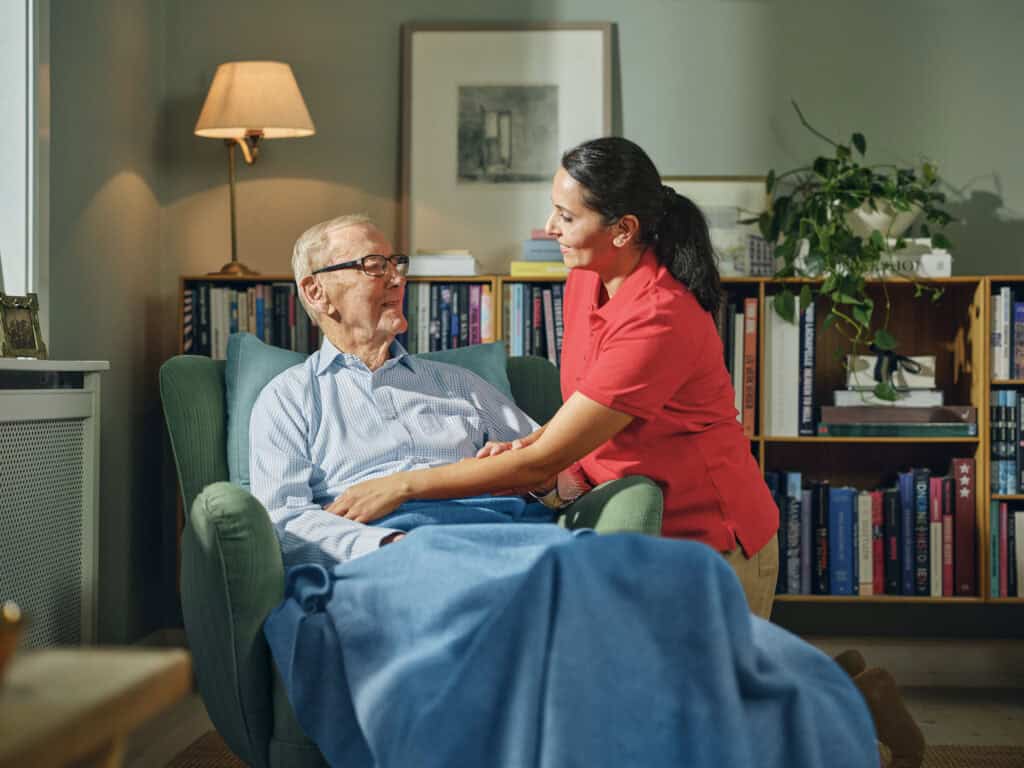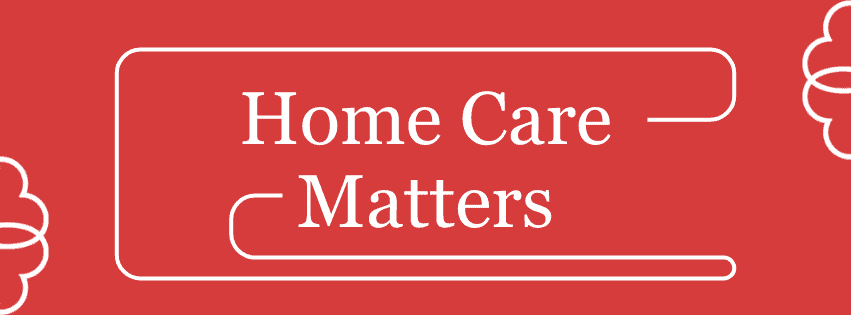Blog
30 October 2025
Waseem Ahmad | Pakistan and Dovida Ballsbridge
Dovida Ballsbridge Caregiver, Waseem Ahmad talks us through the deeply family-oriented culture of his native Pakistan.

How has your culture shaped you?
My country culture is deeply family-oriented, and this plays a major role in how care is understood and practiced. Family members often live in joint families. Care is communal—siblings, cousins, and extended family step in during illness, childbirth, or old age. Deep cultural respect for elders translates into caregiving roles that prioritise their comfort and honour.
How is care valued in your culture?
With family being the core unit of care, taking care of parents and elders is considered both a moral duty and a religious obligation. Children are expected to care for ageing parents, often within the home rather than in care facilities.
It’s common for extended families to live together or nearby. This close-knit structure promotes daily caregiving, emotional support, and shared responsibilities. Women, especially daughters and daughters-in-law, are often seen as primary caregivers, particularly for children, the sick, and the elderly.
What aspects of your culture do you bring to your role?
Emotional connectedness and empathy are highly valued, often encouraging caregivers to go beyond just clinical tasks and offer emotional and moral support.
Can you share a story or memory from an important event in your culture?
The Spirit of Care in a Pakistani Home. Every Eid morning, the house would be bustling early with excitement, the air filled with the aroma of seviyan (sweet vermicelli) and freshly baked sheer khurma (a special Eid dessert). But beyond the celebrations, one of the most beautiful traditions was the way care was shown.


